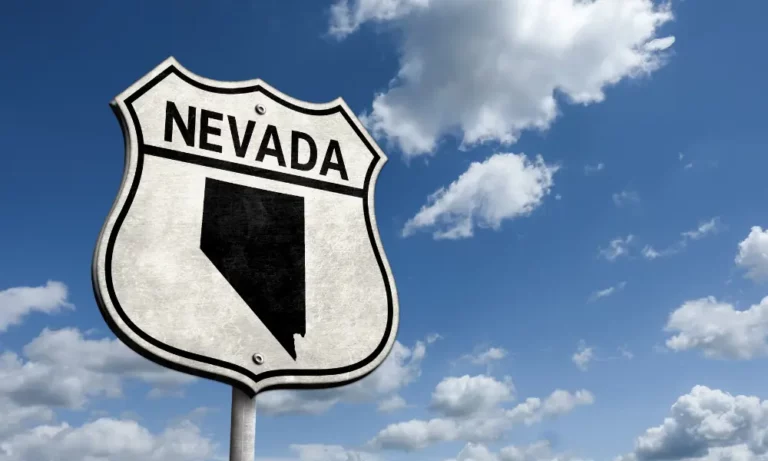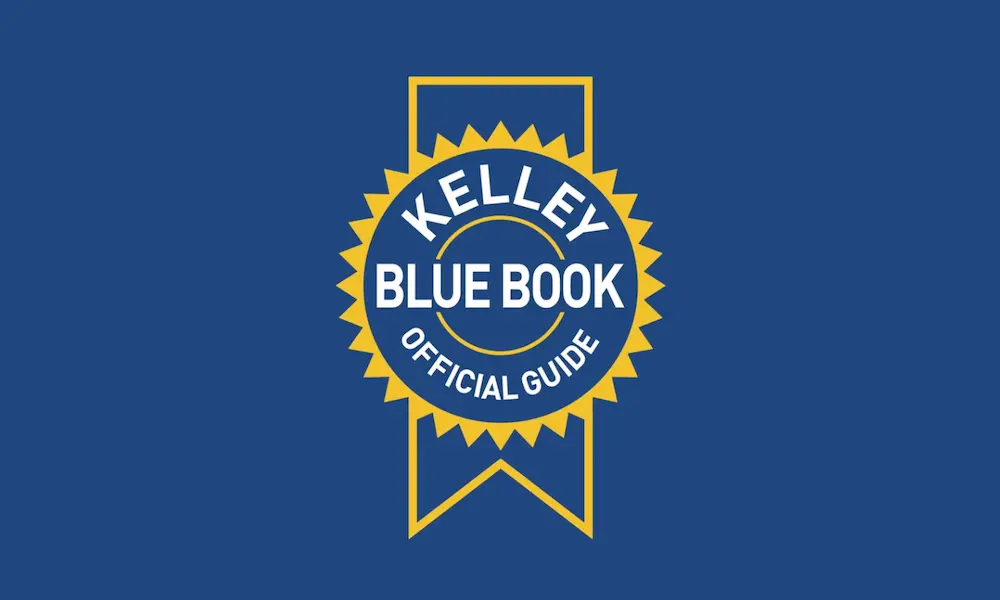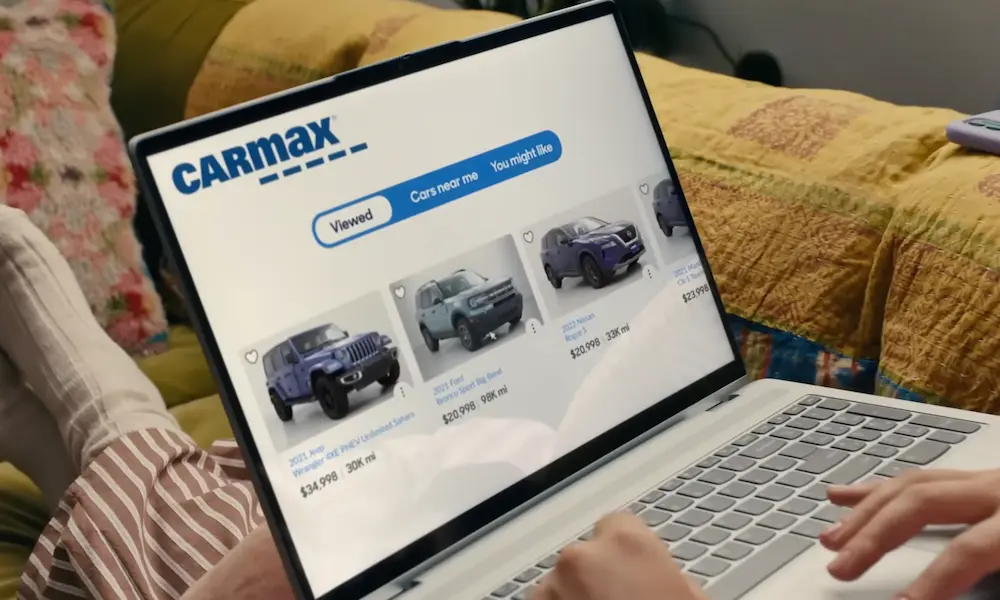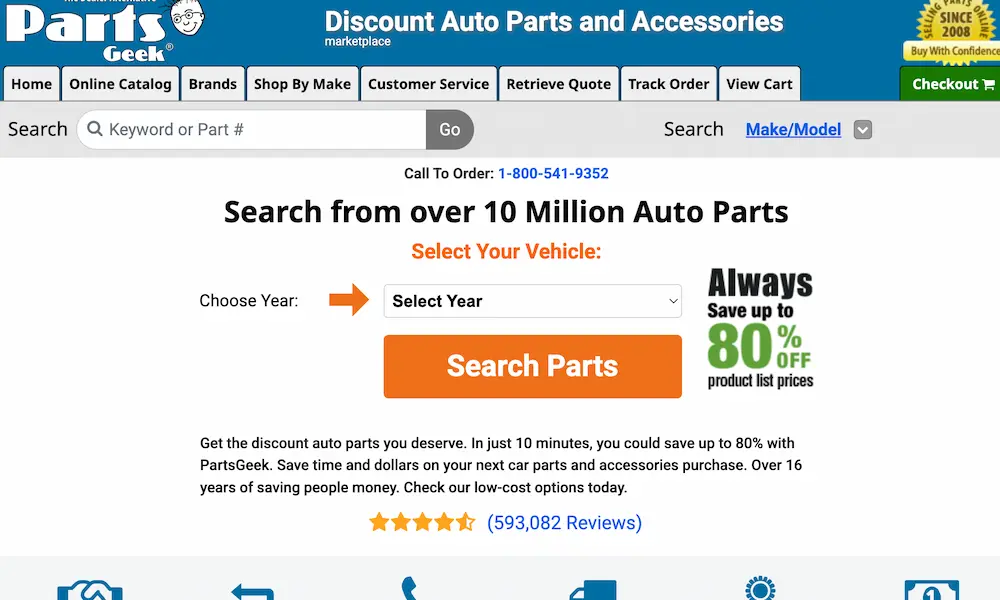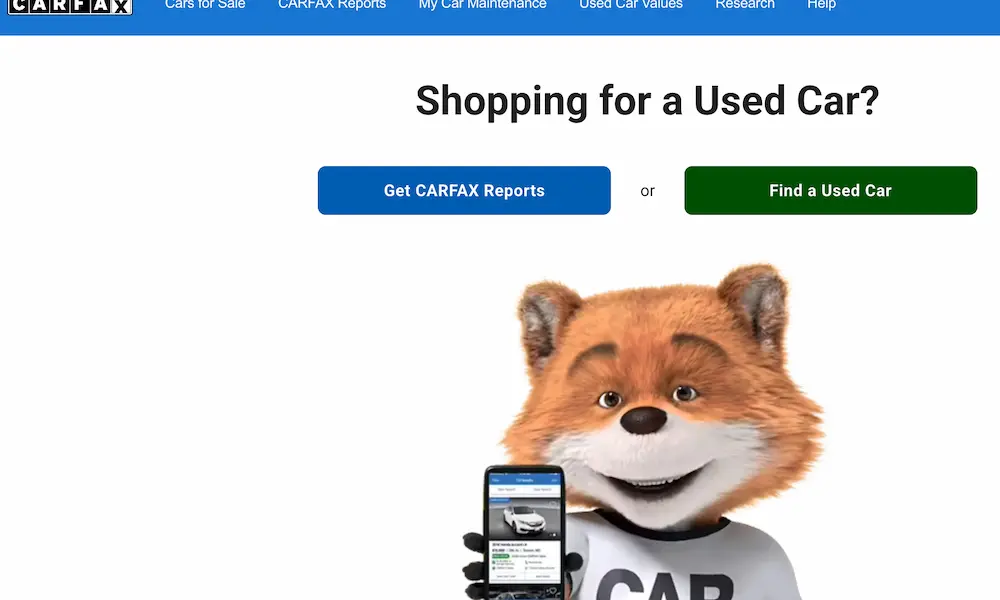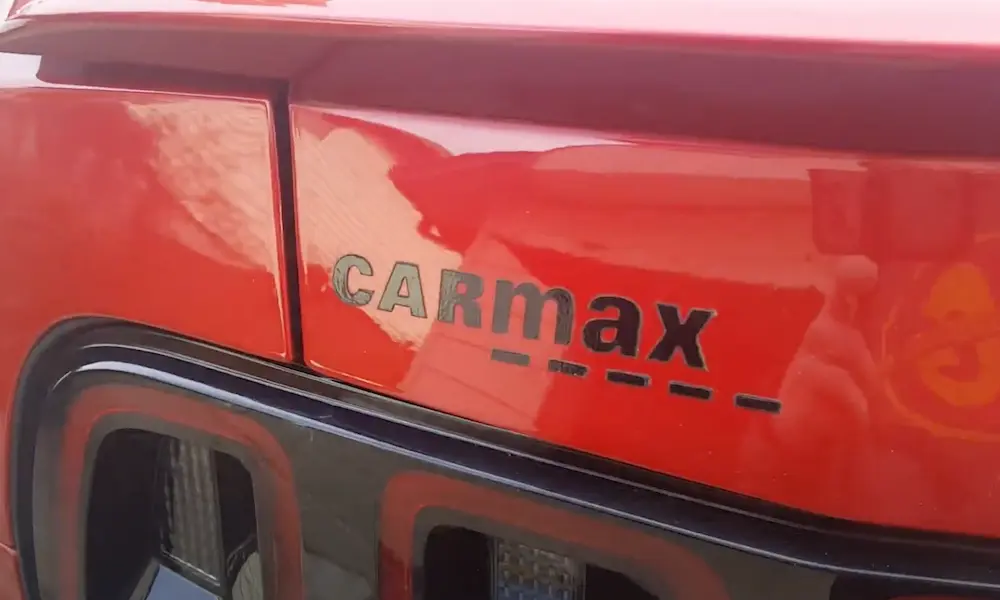Buying a car out of state, especially in Nevada, can seem a bit daunting, but you’re not alone in navigating this process. You’ll need to register your vehicle with the Nevada DMV and ensure you’ve settled any sales tax obligations. If you register within 30 days at a Nevada DMV, you’ve tackled a big part of the journey. Dive in to discover how to handle title transfers and more seamlessly.
Steps to Purchase and Register an Out-of-State Vehicle
Buying an out-of-state car and registering it in Nevada involves specific steps. It includes gathering documents, completing inspections, securing insurance, and finalizing registration with the DMV. Being prepared will make the process smoother.
Initial Purchase and Documentation
First, you’ll need to get the necessary paperwork in order. Obtain a Purchase Order and a Bill of Sale from the seller. These documents are crucial as they show proof of purchase and detail the transaction.
Next, ensure the Vehicle Identification Number (VIN) is correct on all documents. An accurate VIN is essential for registration. The odometer reading should also be properly recorded to prevent future discrepancies. Check the titles and clarify any lien issues if they exist.
Vehicle Inspection and Emissions Test
After purchasing the car, you’ll need a Vehicle Inspection. In Nevada, an inspection is often required to ensure the car meets safety and emissions standards. A VIN inspection may also be necessary, which verifies the VIN matches the vehicle records.
An Emissions Test is mandated for most cars registered in the state. This test checks if the vehicle meets the Nevada emissions standards. Passing this test is crucial for registration, especially if the vehicle is older.
Securing Car Insurance
Before registering your vehicle, you’ll need to obtain Car Insurance. It’s important to have coverage that meets Nevada’s minimum insurance requirements. Contact your current insurance provider to see if they can transfer or adjust your policy for the new vehicle.
Consider shopping around for the best rates and coverage options. Once insured, obtain a proof of insurance document, as you’ll need to present this to the DMV during registration.
Finalizing DMV Registration
Now it’s time to complete the DMV Registration process. Visit the Nevada DMV with your prepared documents, including your driver’s license, proof of insurance, and vehicle papers.
You’ll need to pay Registration Fees which vary based on factors like vehicle type and weight. Once everything is in place, you’ll receive your license plates. Check if your title needs transferring to Nevada, especially if there’s a lienholder involved.
These steps ensure your out-of-state vehicle is legally registered in Nevada, allowing you to enjoy your new ride without worry.
Fees and Taxes When Buying From Out of State
When buying a car in Nevada from another state, it’s important to know about potential fees and taxes. You’ll encounter registration fees, sales taxes, and possible exemptions that can affect the total cost.
Understanding Registration Fees
When you purchase a car in Nevada, you’ll need to register it within 30 days. Registration fees depend on factors like the vehicle’s weight and age. You’ll also need to provide Nevada Evidence of Insurance before registration. The fees are typically a combination of base fees and percentage-based fees calculated from the car’s value. You can estimate these costs with Nevada’s online fee calculator or by contacting the local DMV.
Calculating Nevada Sales Tax
Expect to pay sales taxes based on where you register the vehicle. In Nevada, the sales tax rate varies by county, often ranging from 6.85% to 8.375%. If you buy a car in a state with no sales tax, you must still pay taxes when registering in Nevada. Remember to budget for these costs to avoid unexpected expenses. Calculating this ahead of time helps in planning your overall expenses.
Potential Tax Exemptions
Some situations can make you eligible for tax exemptions. If you donate or receive a car as a gift, this could qualify for an exemption. Additionally, if you have a valid Tax Exemption Number, you might not need to pay some state taxes. However, these exemptions often require specific documentation. It’s essential to check eligibility and gather all necessary paperwork before heading to the DMV.
Legal Documentation and Contracts
When buying a car in Nevada from out of state, you need to understand the paperwork involved. Properly drafting key documents like the Bill of Sale and Lease Agreement is important. Providing proof of ownership through a Security Agreement or Manufacturer’s Certificate of Origin ensures a legal and smooth transaction.
Drafting a Bill of Sale
A Bill of Sale is like a receipt that shows proof of the car purchase between a buyer and seller. It should include the names and addresses of both parties.
Make sure to list the car’s details, such as make, model, year, and Vehicle Identification Number (VIN). The sale price and date of sale should also be clearly mentioned. If you bought your car from an out-of-state dealer, you might need additional documents, such as the title or Manufacturer’s Certificate of Origin. It’s a good idea to have both parties sign the Bill of Sale. This ensures everything is official and can help prevent issues later.
The Lease Agreement
If you’re leasing a car, you need a well-drafted Lease Agreement. This contract outlines the terms between you and the leasing company. It should clearly state the length of the lease, monthly payment amount, and mileage limits. Having a clear understanding of the lease terms can help avoid unexpected fees. Make sure to carefully review details related to extra charges for damages or exceeding mileage limits.
The Lease Agreement often includes the Manufacturer’s Certificate of Origin, which proves the car’s history and origin. Keep a copy of the lease for your records and future reference. This can be useful if questions or disputes arise later.
Security Agreement and Ownership Proof
A Security Agreement is important if you have a loan on the car. This document outlines the lender’s interest in the vehicle until the loan is paid off. This ensures that the lender has a claim on the car if payments stop.
You may also need additional documents, like a Manufacturer’s Certificate of Origin, which establish ownership and vehicle history. These help in registering the car in Nevada. It’s crucial to keep all documents organized to avoid any legal issues. Proper documentation ensures you can smoothly register your car and manage loans without hassle.
Insurance and Liability Considerations
When buying a car in Nevada from out of state, it’s crucial to understand the insurance and liability requirements. This section delves into choosing the right insurance, understanding Nevada’s liability insurance needs, and insuring leased vehicles.
Choosing the Right Car Insurance
Before driving your new car in Nevada, you’ll need a car insurance quote. This helps you compare rates and find good coverage. Look for policies that fit your needs and budget. Consider factors like the make and model of your car, your driving history, and any discounts you might qualify for.
It’s important to have proof of insurance before you drive in Nevada. This document shows that your vehicle is insured and that you meet the state’s legal requirements. Keep it in your car to avoid fines in case of traffic stops.
Nevada’s Liability Insurance Requirements
Nevada law requires all drivers to have liability insurance. This coverage helps pay for damages if you’re at fault in an accident. The minimum coverage in Nevada includes:
- $25,000 for bodily injury per person
- $50,000 for bodily injury per accident
- $20,000 for property damage per accident
These are the minimums. You might want more coverage for extra protection. Remember, driving without proper insurance can lead to hefty fines and penalties.
Insurance for Leased Vehicles
If your car is leased, insurance needs might differ. Leasing companies often require higher coverage than the state’s minimums. They want to protect their investment. Always clarify how much liability insurance is needed for your lease agreement.
In addition to liability insurance, leasing companies may ask you to get comprehensive and collision coverage. This protects against theft, vandalism, and damage to the car. Make sure to ask about these requirements when signing your lease.
Understanding these details can help you make the best insurance choices and keep your new vehicle protected on Nevada roads.
After Purchase: Understanding Nevada’s DMV Processes
Once you purchase a car in Nevada, there are steps you’ll need to follow at the DMV. These include getting a movement permit, obtaining a license plate and registration certificate, and exploring online registration options and fee estimates.
Issuance of Movement Permit
If you need to drive your new out-of-state car to your home or to the DMV, you will need a movement permit. This permit is valid for a limited time, usually a few days, and allows you to operate your vehicle legally until you have completed the registration process. You can easily obtain one by visiting a local DMV office. It’s important to carry the permit with you while driving, as it serves as temporary permission to move your vehicle within Nevada.
License Plate and Registration Certificate
After securing your movement permit, the next step is to get your car registered and obtain a license plate. The Nevada DMV requires newly purchased vehicles to be registered within 30 days. During this process, you’ll receive a registration certificate, which is essential to prove your vehicle’s legal standing. You’ll need to provide a bill of sale and other documents at the DMV. Once everything is in order, you’ll receive your license plate, which must be displayed on your vehicle.
Online Registration and Fee Estimates
Nevada offers online registration options, which can save time and make the process more convenient. By using the DMV’s online services, you can enter your vehicle details and receive an online fee estimate. This helps you understand the costs associated with your vehicle registration without having to visit a DMV office. The estimate includes title fees, registration fees, and any applicable taxes, providing a clear picture of the total expenses. These online tools can simplify the registration process and ensure you’re ready to officially get on the road.
Preparing for Out-of-State Transport to Nevada
When transporting an out-of-state car to Nevada, it’s important to plan carefully. You should focus on arranging safe vehicle transport and understanding motor carrier regulations to avoid any issues during the process.
Arranging Vehicle Transport
Moving your car to Nevada involves choosing the right transport service. Consider hiring a professional transport company that offers reliable services. Look for companies with good reviews and check their insurance coverage options.
You might also think about the cost. Shipping fees depend on distance, time of year, and delivery method. Some people opt for open carriers due to lower costs, while enclosed carriers provide more protection. Contact several companies to compare quotes and services.
Keep in mind any personal preferences or requirements you may have. Make sure the company you choose can meet these needs. Communicate clearly with the firm about pickup and delivery addresses and dates to avoid misunderstandings.
Motor Carrier Regulations
Understanding motor carrier regulations is crucial when transporting a vehicle to Nevada. Ensure that the transport company complies with federal and state rules. These regulations include having a valid license and following safety standards.
Transport companies must adhere to rules set by the Federal Motor Carrier Safety Administration (FMCSA), including proper registration and insurance. Make sure the company provides you with all necessary documentation to ensure a smooth transport process.
Being informed about these regulations helps you avoid unnecessary fines or delays. Verify the transport company’s credentials and safety record to ensure they follow all legal requirements. Websites like the Nevada Department of Motor Vehicles can offer more guidance on motor carrier laws.

